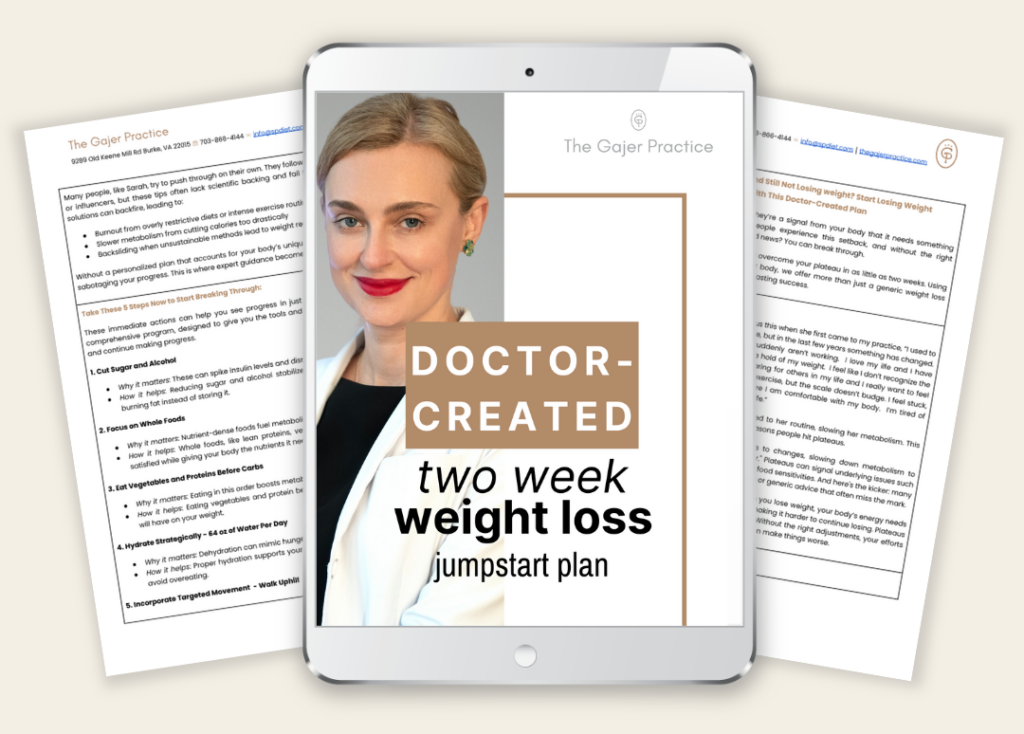What’s the secret to a fulfilling, long life? Recent research, highlighted in Dan Buettner’s exploration of geographical blue zones, suggests that only 20% of our longevity is linked to our genes, 10% to access to healthcare, and a whopping 70% to our environment. But what does ‘environment’ really mean? It’s the sum of factors around us—our lifestyle choices concerning food, movement, sleep, and social connections.
Sadly, our modern environment isn’t inherently designed for longevity and wellness. Each day, we make numerous food choices, and our surroundings often make unhealthy options more accessible. Our genetics tend to favor calorie-dense foods with high sugar and fat content. We’re wired to seek rest and resist excessive movement—a blueprint from our evolutionary past.
So, what steps can we take to enhance our chances of a healthy, extended life?
Perhaps it’s less about rigorously analyzing every decision with strict discipline and more about the design of our surroundings.
Some regions worldwide are taking steps on a larger scale to facilitate better choices on an individual level. Consider Singapore, which implemented a 20% sugar tax and made driving cars expensive. Consequently, more people walk, and fewer indulge in sugary foods.
You can also craft your personal environment to favor healthy choices over unhealthy ones. Refrain from keeping tempting, unhealthy foods at home. Organize your routine to involve more movement, opting for walking over sedentary activities.
Ultimately, the key to longevity might lie in how we engineer our environment. By setting up our surroundings to promote healthy choices and discourage unhealthy habits, we pave the way for a longer, happier life.






